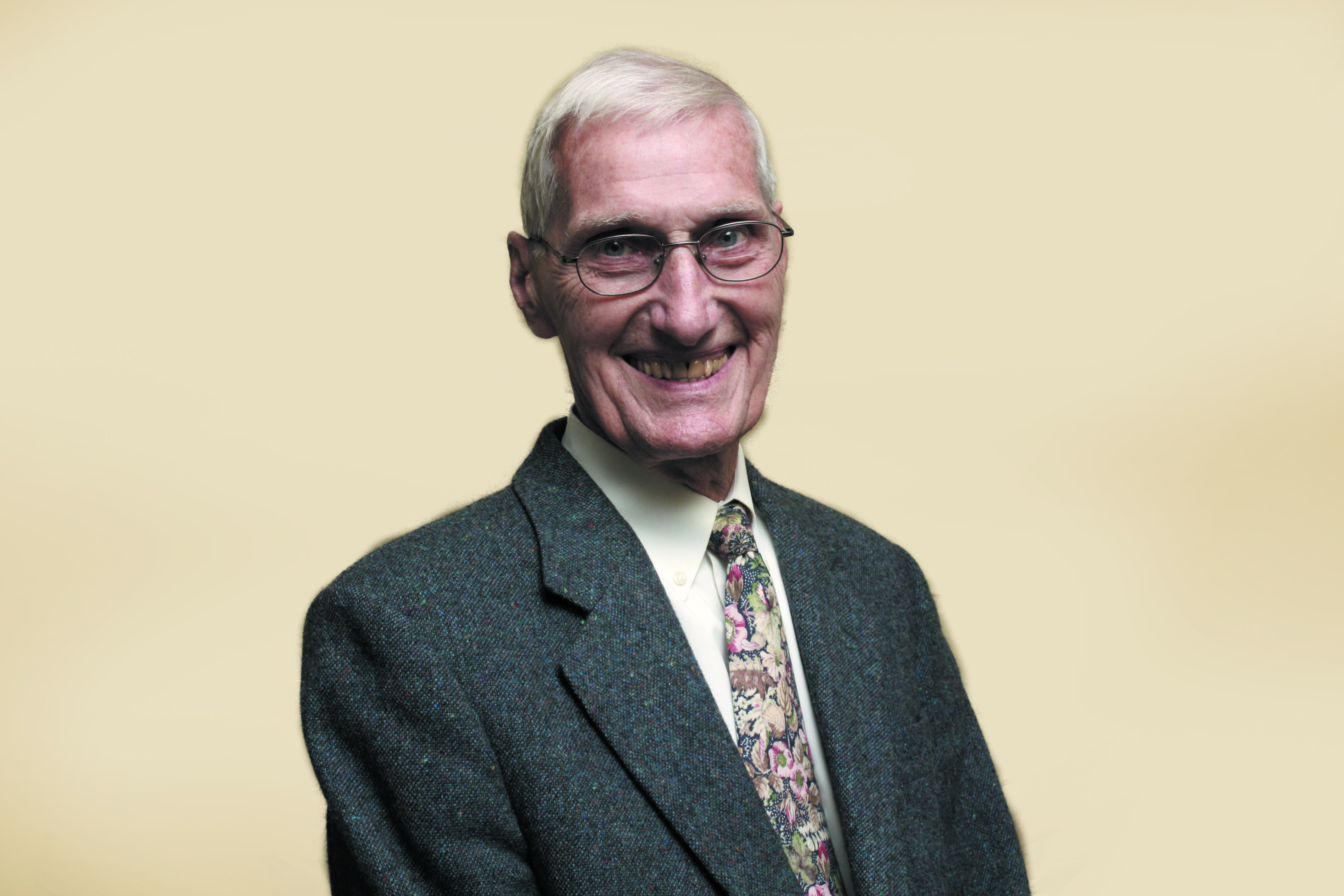Staying grateful

The importance of reflecting positive energy
“Gratitude is not only the greatest of the virtues, but the parent of all of the others,” so said Roman philosopher Cicero.
And gratitude appears to be an emotion many of us do feel, often and strongly.
A recent Gallup poll had reported that among those surveyed, 67 per cent felt gratitude “all of the time” while 60 per cent experiencing gratitude “made them feel very happy and content with their world.”
A quick study of the world’s great religions’ secular teachings confirms gratitude’s central, spiritual position which is often a fundamental focus of Buddhism, Christianity, Judaism and Islam, as well as among other faiths.
Some writers argue that gratitude is essential for all societies, encouraging reciprocity and mutual aid.
Central to spiritual life and vital for secular life, psychology has, for the most part, ignored its importance.
Only in the relatively new school of positive psychology has such a concept received significant attention.
According to some studies, there are people who feel much more gratitude than others; and those who do feel grateful, according to mood adjective check lists, have greater measured happiness, lower levels of stress and fewer depressive episodes.
The moral effects of emotional gratitude are essential in maintaining mature individual relationships and important in the smooth running of society.
Grateful people notice they have been helped while ungrateful people may be less likely to notice and hence, more likely not to reciprocate.
Grateful people have better social relationships, greater psychological intimacy and greatly heightened social support.
When age cohorts and peer ratings are done, grateful people are seen as more empathetic, agreeable and extroverted, suggesting that such people “are more helpful and unselfish” when dealing with others.
Even though, in our fast-paced, stress filled world, gratitude is often difficult to express.
Research on gratitude suggests that when it is expressed, people on both sides of the interpersonal equation increase their levels of intrapersonal happiness and well-being and decrease their levels and frequency of depressive episodes.
Generally speaking, grateful people have greater immunocompetence and as a consequent, better physical health.
So express your gratitude about our world, the people in it and yourselves. Express it freely and generously. Positive energies can reshape the perspectives others have of you and it could shift your own perspective on how you see others.
As Albert Einstein said: “There are two ways to live your life. One is as though nothing is a miracle. The other is as though everything is a miracle.”
Gratitude is like walking hand-in-hand, with others on the “sunny side of the street.”


